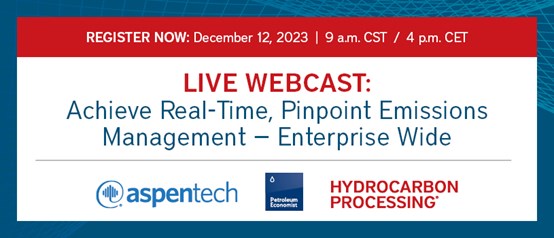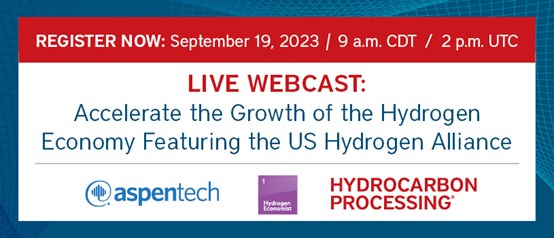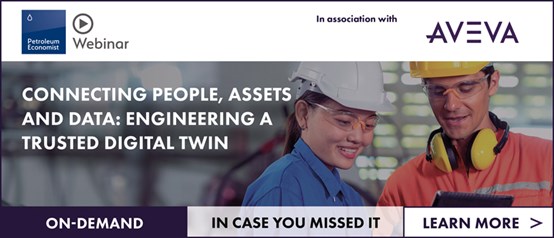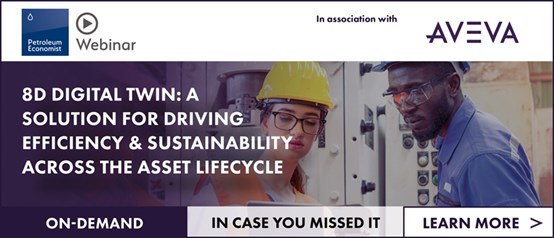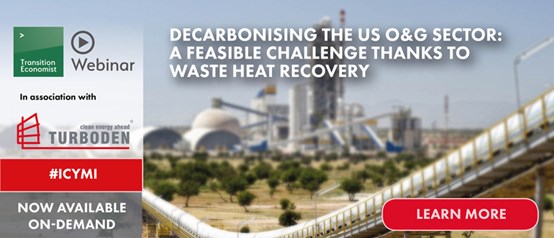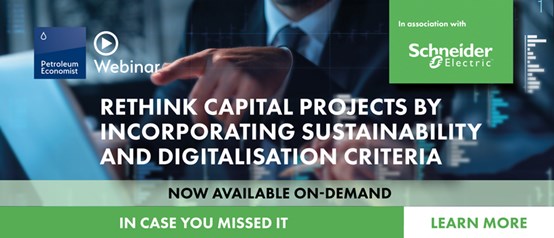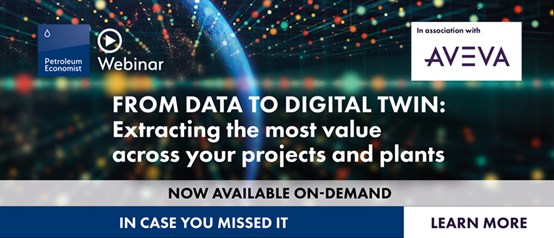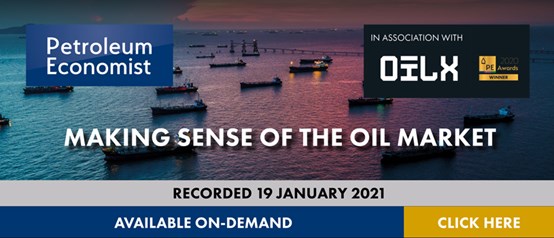Join us for an exclusive webcast, during which Gulf Energy Information's expert editors will deliver deep insights into President Trump’s policies' impact on global energy markets. This webcast will explore recent shifts in U.S. energy policies and their global repercussions. Key topics include regulatory changes, adjustments in subsidies and taxes, and potential impacts on the oil, gas, and renewable energy sectors worldwide.
We will explore the ramifications of the U.S. emerging as a net energy exporter and its impact on global supply chains, as well as evolving trade relations and geopolitical alliances with major oil players like OPEC, Russia, and China. The webcast will also examine energy security, geopolitical risks, and emerging trends in renewable energy investments.
Additional discussions will focus on technological innovation, energy transition, and the role of AI in adapting to policy changes. Finally, we’ll explore how these developments may influence future energy prices, demand, and the overall market landscape.
Join experts from Carbon Circle, an EPC specialist in carbon removal and energy transition solutions, to hear how they are improving the economics, execution and scale-up of their projects—including energy-from-waste (EfW) with integrated CCS. They’ll discuss the challenges of scaling carbon capture solutions and how they are overcoming them with the help of AspenTech solutions.
With mounting pressure to reduce CO2 emissions—and still meet critical production targets—today’s energy and chemical companies are challenged to stay on top of changing operating conditions and respond in a timely, efficient and coordinated manner.
The hydrogen economy has been gaining momentum in North America for the past two years, and this has only accelerated as the U.S. Department of Energy begins to implement the incentives provided in the recent IRA legislation.
Watch this webinar to get an update on the regulatory and investment landscape from Roxana Bekemohammadi, Founder and Executive Director of the US Hydrogen Alliance. Joining her will be Lee Nichols, VP of Content and Editor-in-Chief from Hydrocarbon Processing and Ron Beck, Senior Solution Marketing Director from AspenTech.
Industrial organizations are under increasing pressure to become more efficient and transparent to meet global competition.
A webcast dedicated to the transition to net-zero. The global energy industry is doubling down on digital twins to drive industry 4.0 initiatives on brownfield optimisation projects – driven by electrification, etc – and net-new renewable facilities to unlock their data for the next wave of innovation.
Nowadays the decarbonisation of hard-to-abate sectors is a key topic in the agendas of Governments, financial institutions as well as large cooperations. As in other energy-intensive industries, the oil & gas sector (O&G) is looking at solutions aimed to reduce their carbon footprint while maintaining competitiveness. The conversion of waste heat into useful power represents a viable and profitable energy efficiency improvement to hit these targets. In this framework, Organic Rankine Cycle (ORC) technology represents a feasible option to exploit waste heat and boost the overall efficiency of the O&G sector with minimum impact on the existing facilities.
While safety and profitability will always remain the top priorities for oil & gas capital project evaluations, new criteria must also be considered. Intensifying decarbonisation pressures and innovation in digitalisation are changing the way oil & gas companies operate, therefore they must be incorporated as capital project evaluation criteria to minimise risk of stranded assets. Considering the typical plant life cycle of 20-30 years and its operation, how should we transform capital project evaluation (typically based on cost & fixed oil price)?
In these changing times, the traditional workplace as we know it is disappearing. PE Maps is changing too, bringing their cartographic skills to a digital-first approach, whilst retaining traditional print as an option.
Built with the same care and attention to detail, the digital map offers even more scope for the creative portrayal of industry information, in a way that is easy to interpret for the user.
Watch this webcast on demand to learn how PE Maps cartographers create unique and compelling maps, using the vast amounts of data across the energy industry.
In the push to net zero, the imperative to design, build and operate plants more efficiently and cost-effectively will not suddenly become secondary. In fact, according to McKinsey, there is a direct, two-way correlation between efficiency and sustainability. Digitally integrated workflows on the cloud–a Digital Twin approach–is a key enabler to achieve both. But what does that mean for the thousands of plants built 10, 20, or even 50 years ago when integrating data digitally wasn't even a thought in the drafting room?
Join on-demand Greg Pada, Portfolio Director, Aveva and Petroleum Economist for a 1-hour session where he shared prime opportunities for extracting real value from Digital Twins at the various phases of your asset’s lifecycle – from capital projects through to operations and maintenance – and practical steps you can take today to start your digital twin journey with the data you already have.
Listen to this webcast on-demand to learn how to build the right strategy with a supporting methodology to measure CO2 savings and enable operators to be transparent as well as to provide investors with a future proof business model.
The last 12 months have been difficult even by the turbulent historical standards of the oil industry. We are pleased to have presented this webcast in association with OilX, winners of the Petroleum Economist Energy Advisory of the Year in the PE Awards 2020.
Digital Twin is no longer a buzzword in the industrial world, but something every modern player is implementing to modernize both their capital project and operational asset strategies. But what the industry hasn’t aligned on is this: What is a true digital twin, and how can it be utilized to extract value across the asset lifecycle?
In today's environment where expending precious capital on the right assets and identifying the assets in a portfolio that are key and which are non-core is more valuable than ever, Petroleum Economist and Previsions are delighted to bring you a webcast focused on value creation through robust screening of investment opportunities.





